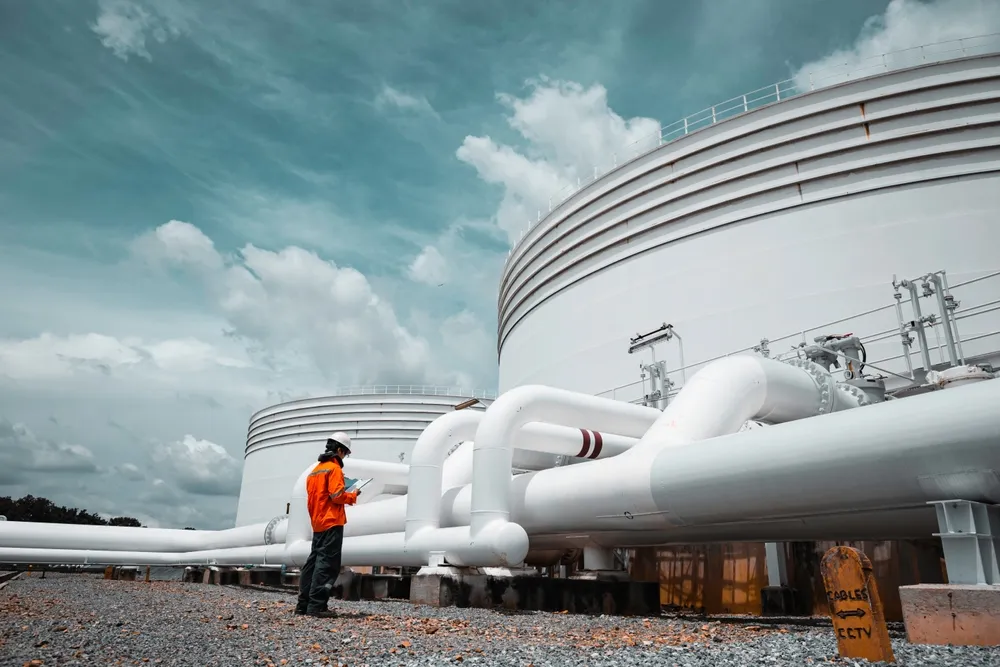Accounting and Performance Measurement in Oil and Gas Course
Introduction:
This Accounting and Performance Measurement in Oil and Gas program offers in-depth knowledge of Exploration and Production (E&P) accounting, reporting, and performance measurement. The course on performance measurement will enhance your ability to prepare, utilize, and evaluate E&P management information, integrating industry-specific knowledge with performance measures in managerial accounting.
Designed for individuals with foundational accounting knowledge, this program provides advanced understanding of accounting and financial reporting practices specific to the upstream oil and gas sector.
Objectives:
By the end of this Accounting and Performance Measurement in Oil and Gas course, participants will be able to:
- Describe the accounting standards, policies, and procedures applicable in the Oil & Gas Exploration & Production industry.
- Evaluate the financial aspects of Production Sharing Contracts and international company relations with host countries.
- Address problems and provide solutions related to Joint Ventures accounting.
- Understand international and country-specific accounting systems applicable to the E&P industry.
- Establish mechanisms to enhance financial reports to meet users' needs.
- Assess non-current business activities of E&P sector companies through publicly available information.
Training Methodology:
- Lectures
- Case studies
- Group discussions
- Simulations
- Hands-on projects
- Analytical reviews
Course Outline:
Unit 1: Standards of Financial Reporting in the O&G Sector to Stakeholders
- Reporting for investors
- Prospective investors
- Tax and royalties
- Intermediaries on the stock market
Unit 2: Adoption of Convergence of GAAP and IASB’s International Financial Reporting Standards
- Impacts on reporting
- Migration paths
- Consequences of PSC reporting
- Implications of share pricing for O&G companies
Unit 3: Requirements for Capitalization and Cash Flows in the Oil & Gas Industry - Sourcing Capital
- Funding sources and capital structure for E&P development
- IFRS effects on capital facilities
- Strategies for capital maintenance
- Other sources of capital
Unit 4: Cross-Linkage Between Oil & Gas Value Chain and Accounting Interface
- E&P exploration and evaluation, interest costs, and development costs
- Classification of P&S reserves and resources
- Valuation of products, impairment of assets, and disclosure requirements
- Accounting for royalty and income tax
- Considerations in emission trading schemes
Unit 5: Company Accounts, PSAs, and Joint Ventures - Accounting for Multiple Efforts
- Joint ventures accounting – Comparison of foreign accounting standards with US
- Accounting for acquisition
- Issues related to currency conversion
- Treatment in accounting differences
Unit 6: Analysis of Financial Statements
- Tools for evaluating financial performance
- Full cost
- Successful efforts approach
- Decommissioning costs in accounts
Unit 7: Auditors and Reporting to Investors in the Oil and Gas Industry – External Audit Investigations and Reports
- Auditor’s report
- Internal control challenges and compliance with the Sarbanes-Oxley Act
- Auditing problems
Unit 8: Ethical Issues in Accounting
- Compliance with corporate governance codes
- Compliance with regulations
- Investors’ confidence and share prices
- Creative accounting practices and investor protection
Unit 9: Investment Finance in the Oil and Gas Industry – Processes and Lead Times
- External borrowing
- Financial markets
- Investment decision criteria
- Functions of a financial intermediary
Unit 10: Shell and BP – Performance and Share Prices
- Impact of Shell and BP on stock movements in the international oil and gas industry
- Use of DuPont ratios
- Market insights - London Stock Exchange
- Factors affecting performance measures and accounting for management and valuation


















